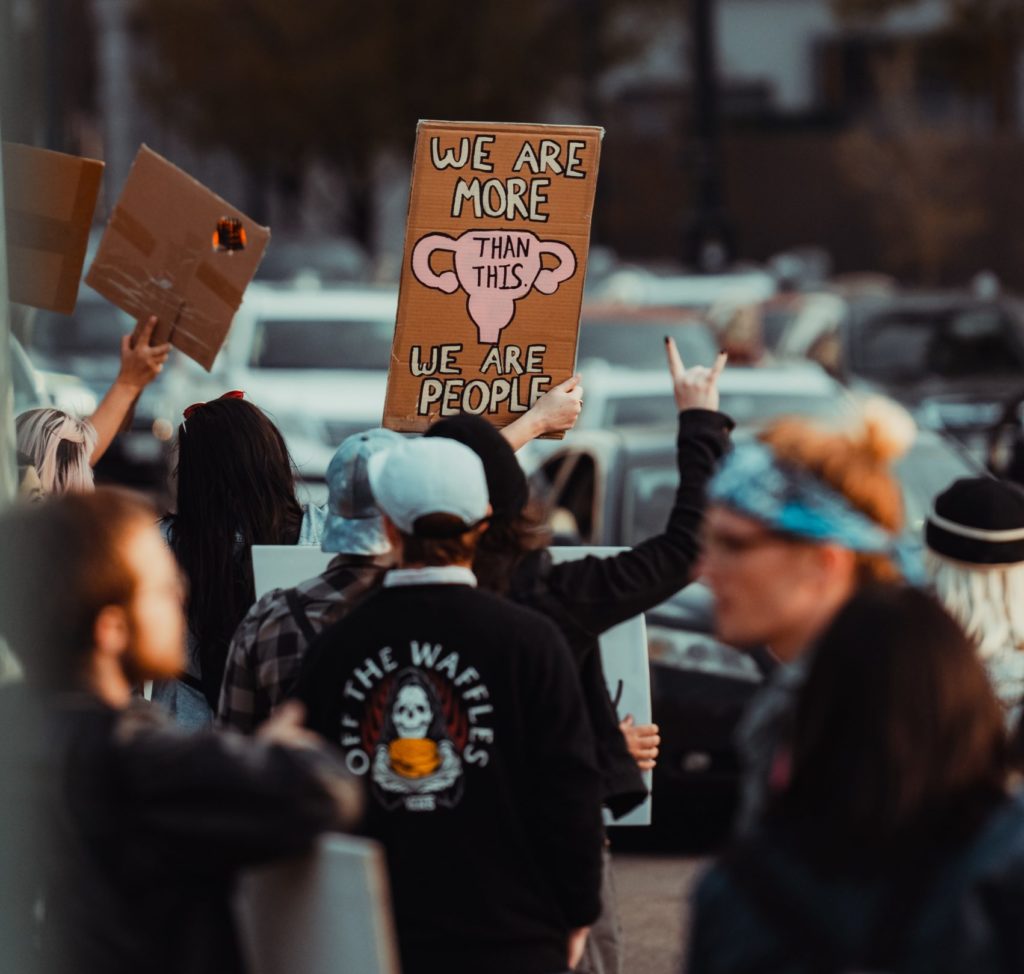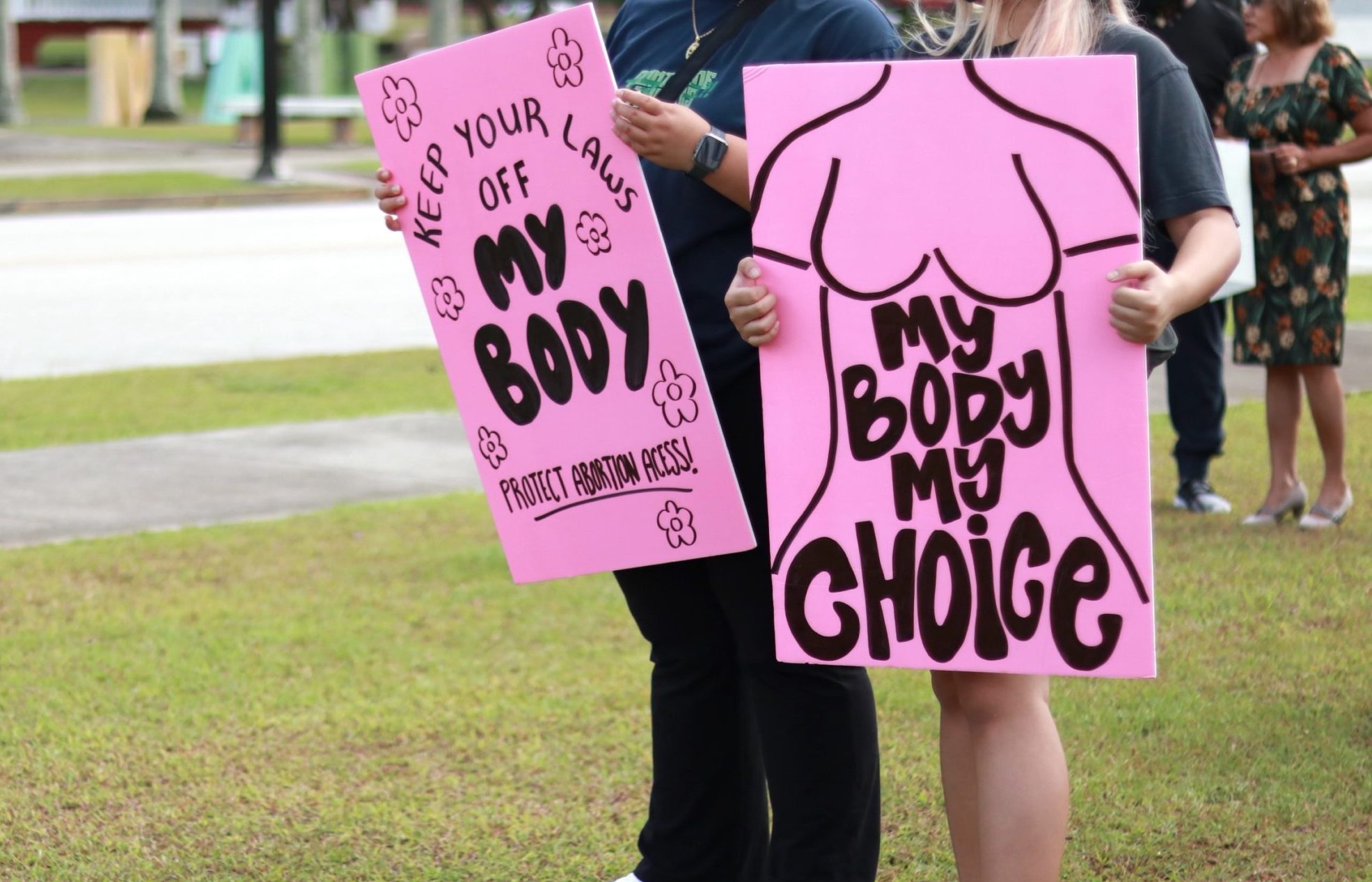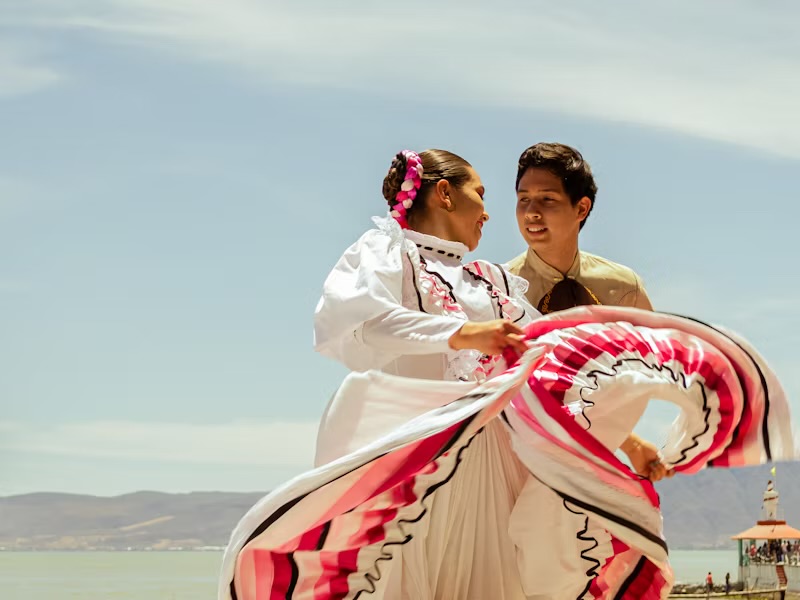On January 22, 1973, the Supreme Court ruled in favor of Norma McCorvey, otherwise known as “Jane Roe”, nullifying Texas’s abortion ban and citing that women had the constitutional right to choose for themselves whether they had abortions without governmental interference. Now, nearly 50 years later, Roe V. Wade has officially been overturned, firing off a wave of trigger bans, and narrowing down the accessibility to proper healthcare. Depending on where you live the overturning of Roe V. Wade may have already, or is going to, restrict your access to a safe abortion. In the wake of such distressing news, I’ve compiled four simple things you can do to advocate for abortion rights.
1. Donate To Abortion Funds

Abortion is healthcare, and so like any procedure, it isn’t always cheap, and that’s not even getting into the logistical issues. Depending on where you’re located you might have to allocate for hotel stays and travel fees, in addition to potentially missing work. All of which can pile up pretty quickly. Abortion funds help to make the inaccessible, accessible. They are organizations that aim to fund women’s procedures and connect them with clinics in their area so they can receive the safe reproductive services they need.
The National Network of Abortion Funds is a great resource that allows you to search for clinics and organizations in your area or nationwide. Their website is straightforward and makes it extremely easy to donate to or utilize any fund.
2. Civil Disobedience
 As history has shown us, protests work. They are a peaceful way of showcasing just how many people are affected by this overturn, and how important it is. The main problem with news like this is that it goes away. News outlets find other exciting stories, or a new disaster takes its place, and suddenly everyone is focused on something else. Despite the fact that nothing has been solved and the issue persists. One way to keep this from happening is to continue showing up to protests. Keep supporting Women’s Marches, and keep rallying in front of the Supreme Court, as well as other main areas.
As history has shown us, protests work. They are a peaceful way of showcasing just how many people are affected by this overturn, and how important it is. The main problem with news like this is that it goes away. News outlets find other exciting stories, or a new disaster takes its place, and suddenly everyone is focused on something else. Despite the fact that nothing has been solved and the issue persists. One way to keep this from happening is to continue showing up to protests. Keep supporting Women’s Marches, and keep rallying in front of the Supreme Court, as well as other main areas.
The overturning of Roe V. Wade influenced protesters from across the country to take to the streets. Some of these groups have spoken on the dangers of protesting, stating that some consequences (being arrested or photographed at a protest) may affect people disproportionately depending on their race, gender, and job security. Echoing many of their concerns I say to you, assess your own potential risk. Are you willing to march for this cause? Yes? Okay then, are you a person of color, or someone who relies heavily on their job? Are you willing to get arrested for this cause? What potential consequences might affect you more than someone else? If you don’t have an amount of privilege that allows you to march on the front lines, be mindful of your position in the protest. Maybe be more geared toward the back, leave when an intense amount of security or police show up. Maybe your protest is just having a sign in front of your house or showing up to offer water to other fellow protesters.
If you are going to attend, please let your family and friends know where you are going to be in case you do get arrested, or your phone dies. Make sure you’ve dressed appropriately for the occasion and have brought all the proper tools you could need throughout the day. The University of Michigan has a detailed checklist of things to bring to remain safe during a protest. Things like water, which could help if you are tear gassed or pepper sprayed. Be vigilant, and always know your rights as a protester. The ACLU provides a great resource of your civil rights as a protester or a protest organizer. Make sure to write down all the information you can remember if you feel as if these rights are ever violated. Try to get involved, and try to remain safe when you do so.
3. Know Your Options

This is a worrisome time when it comes to women’s reproductive health. Options that were already limited now seem inaccessible, but that is not the case. For those of us who are pro-choice, especially if located in an aggressively anti-abortion state it is crucial to know our options. Plan C Pills is an incredible website that provides resources as to where to get abortion pills online and by mail. You simply input your state, and even in a limited place like Texas, they provide ways of accessing the care you need. If you’d prefer a more brick-and-mortar style clinic there are sites like I Need an A and Abortion Finder that will help you discover the closest clinic near you still providing services. These sites are updated in real-time and are aware of the legality issues happening in states like Texas.
Abortion is not just about the actual procedure though, there’s a lot of emotional and financial support needed. As previously stated, if you’re unable to afford one there are always abortion funds. If you are in distress and need to speak with a clinician there is the Miscarriage and Abortion Hotline. A pro-abortion hotline that offers information on how to take abortion pills, and will answer any medical questions that may come up throughout the experience. If you need emotional support, there are hotlines like All Options, which allows clients to call and discuss all their options with a supportive listener, or Exhale ProVoice, which offers emotional support after you’ve had an abortion. Someone to talk to who will understand where you’re coming from and will allow you to navigate your feelings in a safe judgment-free environment. Please remember no matter how it may feel, you are not alone. There are plenty of resources available to assist you in your journey.
4. Share Your Story

There are a lot of misconceptions and misunderstandings when it comes to abortion. Sharing your story is a great way to bring awareness to why abortion rights are important. Due to medical purposes for me, abortion is not just a serious matter, it’s a matter of life and death. I view it as essential reproductive healthcare, and I’m not the only one. Women will die because of the overturning of Roe V. Wade. They will be forced to seek care in unsafe environments, or like me, they will not be medically able to carry a child, but due to a lack of access will be forced to try. Share why this cause would, and already does, affect you specifically. What aspects of who you are and where you’re from could contribute to your lack of access and safety. The best way to get people to care about a cause is to show them why this affects them. If they know you, and this affects you, then it affects them. Put a face to the cause.
Tweet about why you value abortion rights. Post graphics and Instagram pictures of you (or others) at rallies. Repost celebrities and other people who are telling their tales, and amplify their voices. Together we can make a movement, and it can start small. It starts with those short conversations, making it known this is an issue you care about. Your voice adds to the movement, and you will be heard. So share your story, I’ve already shared mine.











